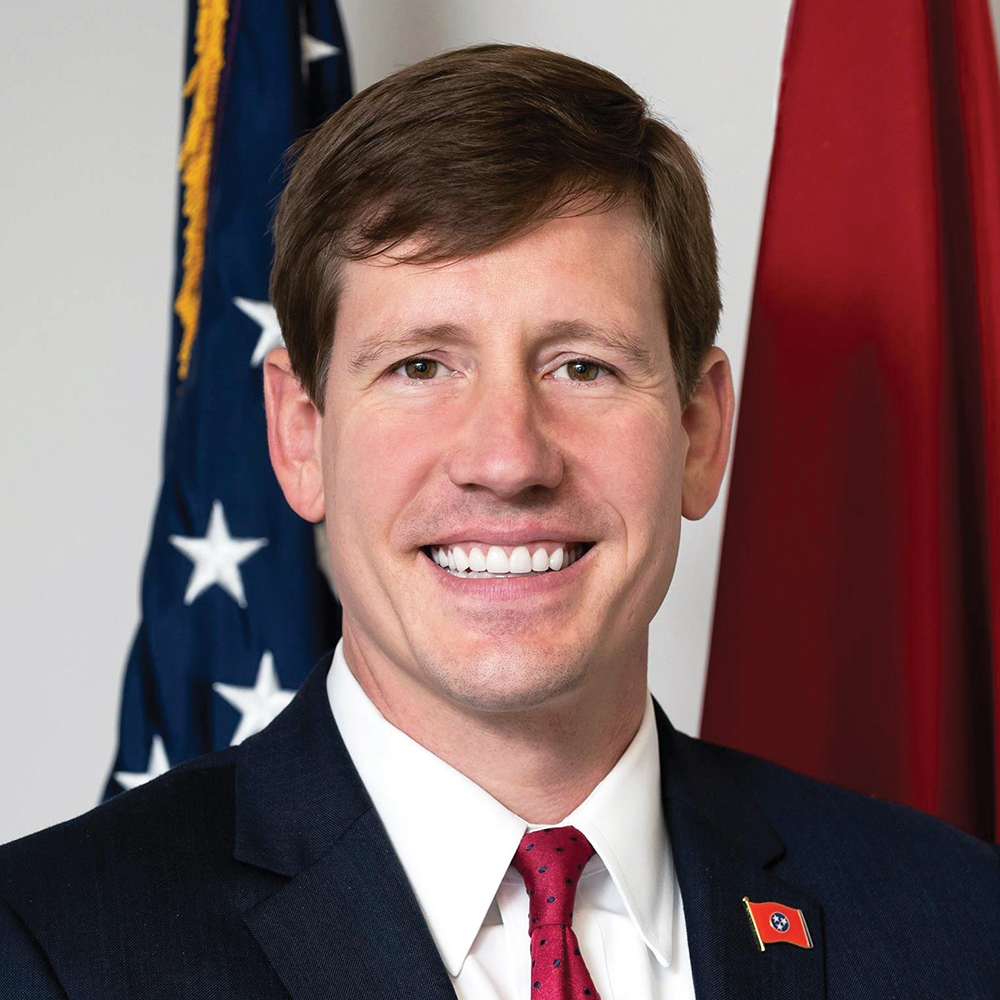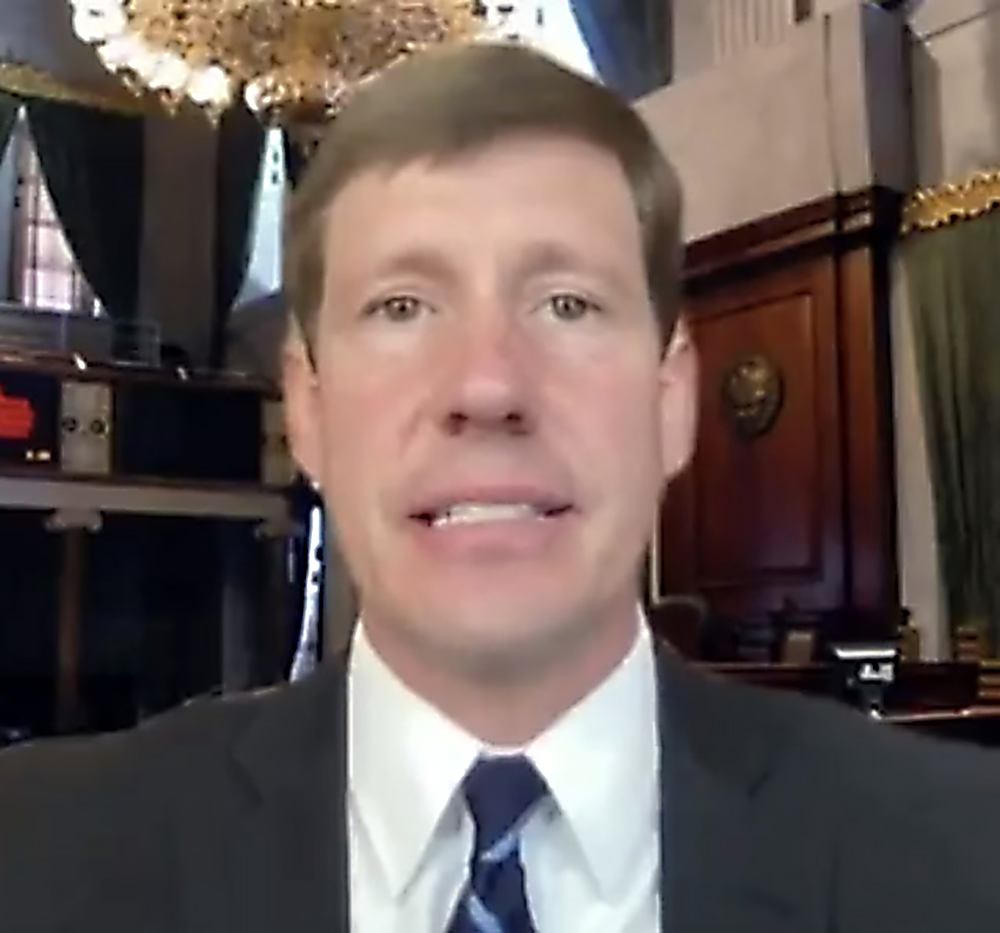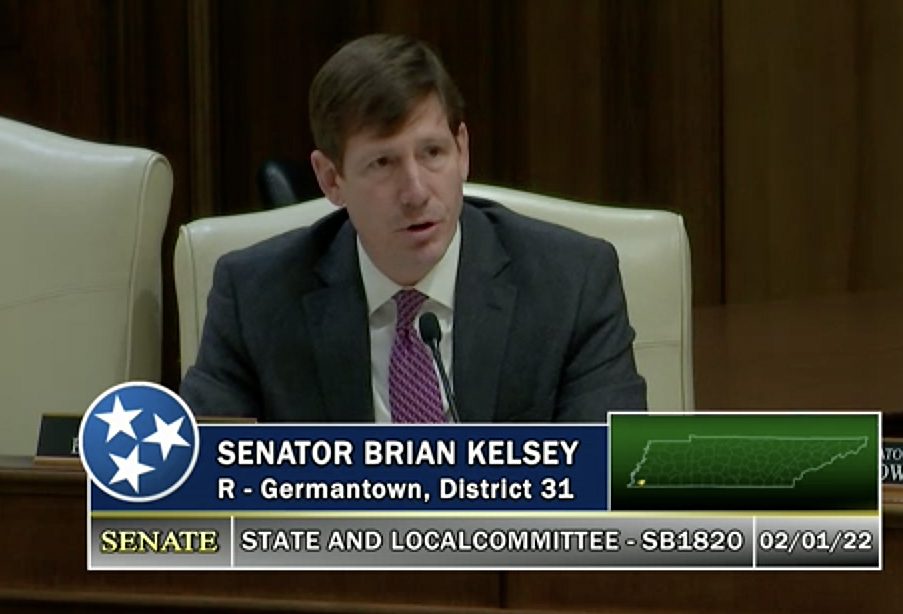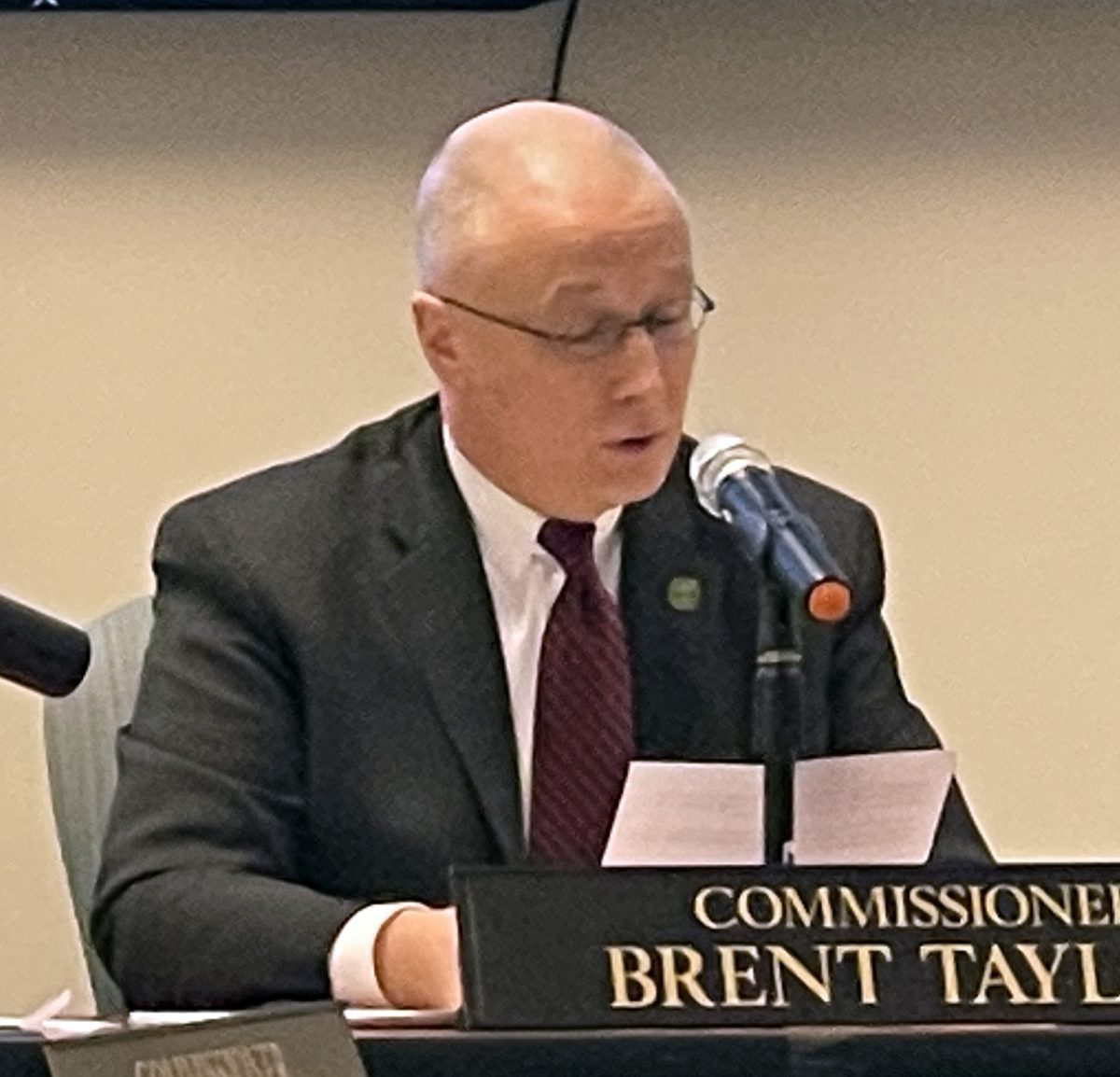State Representative Justin Pearson, whose presence during this year’s legislative session has been fragmentary, has resumed regular attendance as the General Assembly heads into its stretch drive.
Pearson, who has avowedly been dealing with the aftereffects of his brother’s death in December, was a speaker at the meeting of the Shelby County Democratic Party (SCDP) convened Saturday at Pilgrim Rest Baptist Church to elect new party officers.
Things went downhill after rousing unity speeches by Pearson and others, as the assembled Democrats could not reach agreement on the bylaws needed to continue with the meeting, which was to have elected a new chairman and other officers. Amid chaos, the meeting was aborted, with the professed intent by those present of reconvening within 30 days.
The Tennessee Democratic Party (TNDP), whose chair Rachel Campbell of Chattanooga was on hand, temporarily decommissioned the local party, as it had nearly 10 years earlier during a previous period of public disorder in the SCDP.
• The Democrats’ foreshortened meeting was the site for a fair amount of schmoozing from potential near-term political candidates. One such was Michael Pope, a former sheriff’s department deputy who served a brief tenure as the SCDP’s last nominal chair before its previous shutdown by the state party in 2016.
Pope later became police chief in West Memphis. He resigned during a controversy over allegedly suppressed evidence in the case of the West Memphis Three, who were subsequently released after serving several years for a notorious murder.
Pope is now an announced candidate for sheriff in 2026. An expected opponent is Anthony Buckner, the current chief deputy to Sheriff Floyd Bonner.
• Former state Senator Brian Kelsey will hold a celebration in East Memphis on Saturday for his recent release from prison. “It’s time to party!” say the invites. Kelsey, who had been convicted of campaign finance violations and served only two weeks at a federal prison in Kentucky, was pardoned last month by Trump.
• State Senator Brent Taylor is trying again after his bill seeking the legislative removal from office of DA Steve Mulroy failed to gain traction and was taken off notice.
Taylor and state Senate Speaker Randy McNally made public their request that the state Supreme Court create a panel to investigate Mulroy, Nashville DA Glenn Funk, and Warren County DA Chris Stanford. Like Mulroy, Funk is a liberal who has ruffled the ideological feathers of the state’s GOP supermajority. Stanford is something of a throw-in. He is under indictment on charges of reckless endangerment after firing a pistol in pedestrian pursuit of an accused serial killer.
The shift in tactics from legislative to judicial was an effort to avoid the appearance of being politically partisan, said Taylor, who acknowledged that any action on the new proposal would be delayed at least thorough the summer.
• Entities in Memphis and Shelby County seem to have done well in their entreaties for financial aid from the state. Included either in Governor Bill Lee’s original budget or his supplemental budget, announced last week, were such petitioners as the city of Memphis, the Memphis Zoo, the Memphis Rock ‘n’ Soul Museum, Agape Child & Family Services, Youth Villages, Memphis Allies, Operation Taking Back 901, Church of God in Christ (COGIC), PURE Academy, YMCA of Memphis & the Mid-South, Tech901, Moore Tech, Southern College of Optometry, Hospitality Hub, Memphis Teacher Residency, Memphis City Seminary, Africa in April, Stax Music Academy, and Tennessee College of Applied Technology (for the Memphis aviation campus).
Also included was funding for an audit of Memphis-Shelby County Schools. Conspicuously missing so far are allotments for Regional One Health and the Metal Museum. Additions and subtractions are to be expected before the session ends.










